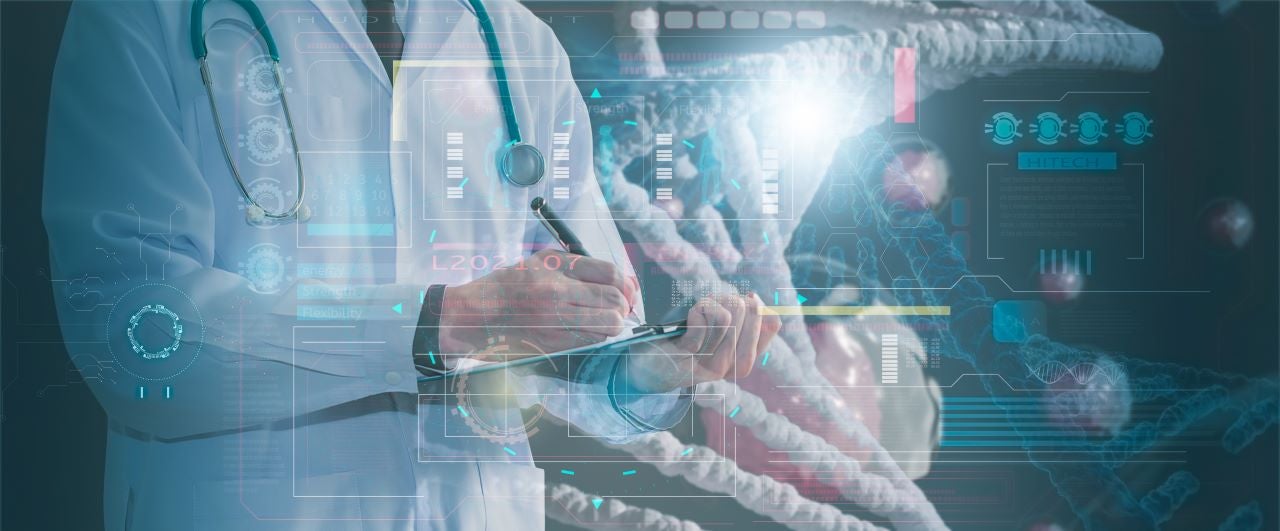The development of allogeneic (allo) cell therapies has been a major focus of the biopharmaceutical industry for the last several years. The capacity to manufacture a product that is as safe and effective as an autologous therapy is highly advantageous, as it can be generated at scale through automation.
These cost-effective off-the-shelf products reduce reliance on the fitness of the patient’s immune cells, which is especially challenging for those who have been heavily pretreated. The speed of treatment with an allogeneic product is a significant advantage for patients who have rapidly progressing diseases.
For blood cancers, GlobalData’s Pharma Intelligence Center (PIC) lists 58 alloCAR-T products and 129 clinical trial programmes, of which 36 are in Phase I. Analyst consensus forecasts the market to eclipse $1bn by 2027.
Additionally, the PIC lists 23 allo-natural killer (NK) cell products in Phases I and II. The class of therapy was a focal point at this year’s European Hematology Association (EHA) Congress, 8-11 June 2023, as several companies presented promising data on their allogeneic cell therapy programmes.
The leading AlloCAR-T agent for the treatment of relapsed/refractory B-cell acute lymphoblastic leukaemia (r/r B-ALL)
Updated data from BALLI-01, a Phase I/II open-label study evaluating the safety and clinical activity of Cellectis’s UCART22 for heavily pretreated r/r B-ALL, supports preliminary safety and efficacy data. Patients ranging in age from 15 to 70 years old received UCART22 after lymphodepletion with chemotherapeutic regimens of fludarabine and cyclophosphamide (FC) or fludarabine, cyclophosphamide, and alemtuzumab (FCA). Since preliminary data were presented at the American Society of Hematology (ASH) conference in 2021, six new patients received dose level 3 (DL3) of UCART22 at 5 x 10⁶ cells/kg. The treatment was well tolerated, with no dose-limiting toxicities or immune effector cell-associated neurotoxicity syndrome. Grade 3 serious adverse events (AEs) were reported in 72% of patients, including infections (39%) and febrile neutropenia (28%), but none were related to UCART22.
As for efficacy, an overall 28% of patients who received the treatment achieved complete response (CR), and 50% of the DL3 patients showed a response. Two patients who failed four lines of prior treatment, including autologous anti-CAR19 CAR-T and allogeneic hematopoietic stem cell transplantation, achieved a minimal residual disease (MRD)-negative CR, one of which remains MRD-negative with incomplete haematological count recovery (CRi) seven months post-infusion. Expansion of UCART22 was detected in nine of 13 patients who received FCA lymphodepletion. UCART22 is the most advanced allogeneic CAR T for r/r B-ALL.

US Tariffs are shifting - will you react or anticipate?
Don’t let policy changes catch you off guard. Stay proactive with real-time data and expert analysis.
By GlobalDataWU-CART-007 for treatment of r/r ALL/LBL
Wugen, a US-based biotech focused on developing off-the-shelf cell therapies, presented data from its Phase I/II dose escalation and expansion study evaluating WU-CART-007 in relapsed or refractory T-cell acute lymphoblastic leukaemia or lymphoblastic lymphoma (T-ALL/LBL). As of January 30, 2023, 12 heavily pretreated patients had enrolled in the dose-escalation phase of the study. The anti-CD7 alloCAR-T was well tolerated across dose levels, and reports of cytokine release syndrome were low-grade aside from one Grade 3, which resolved in 72 hours after treatment with tocilizumab, dexamethasone, and a low-dose vasopressor.
By data cut-off, four of seven efficacy-evaluable patients showed an objective response rate, including two CRs, one partial response, and one morphological leukaemia-free state. At a median follow-up of 107 days, the treatment duration of response was extended to 86 days. In a separate presentation, the company announced its memory-like NK cells elicited an adaptive immune response in patients with acute myeloid leukaemia (AML) signalled by high T-cell infiltration, showing potential for its treatment in r/r AML.
First in human data for NKX019, an alloCAR-NK for treatment of r/r B-cell malignancies
Nkarta, a biopharmaceutical company focused on developing engineered NK cell therapies, presented preliminary data from its Phase I dose escalation evaluating NKX019, a CD19-directed alloCAR-NK.
There were 19 r/r patients diagnosed with various CD19+ B-cell malignancies with a median of four lines of prior therapy. Patients were given FC lymphodepletion therapy followed by three doses of NKX019 in a 28-day cycle. There were no dose-limiting toxicities reported, but 16 of 19 patients (84%) had a Grade 3 or higher AE. A response was observed in eight of ten (80%) of r/r non-Hodgkin lymphoma (NHL) patients, of whom seven had a CR, including 50% CR for patients with large B-cell lymphoma following treatment with the higher dose of 1 billion–1.5 billion cells.
The preliminary data shows the potential viability of the therapy to be administered in an outpatient setting. GlobalData analyst consensus forecasts the product to generate $129m in sales by 2029.






